Coffee, Green Tea, and Type 2 Diabetes Mortality Rates

Previous studies in the general population suggest that both green tea and coffee can contribute to health benefits, preventing chronic diseases, and even reducing mortality risks. However, limited evidence is currently available regarding the consumption of these beverages on patients with type 2 diabetes mellitus. There is significant potential for reduced all-cause mortality associated with […]
Understanding (and avoiding!) Microvascular and Macrovascular Complications
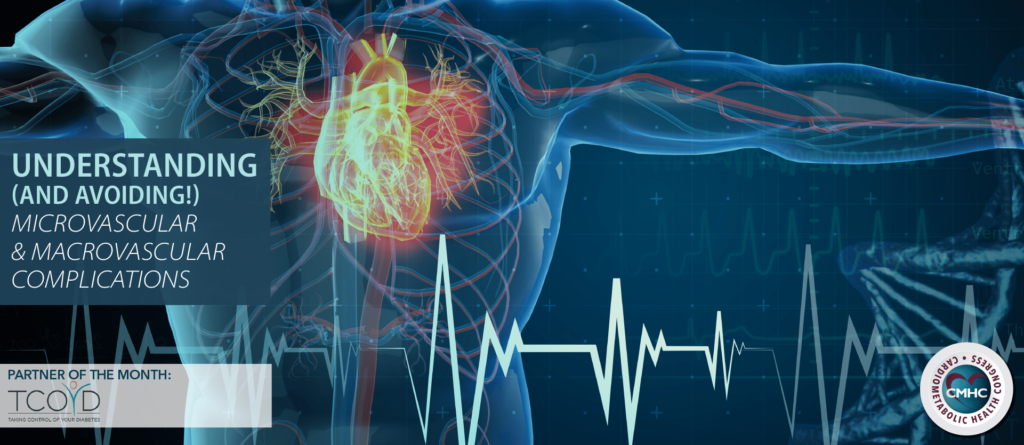
The blood vessels in your body are like the pipes running through your home. The whole vascular system is the pipeline through which blood travels, carrying oxygen and nutrients to tissues. In turn, waste is moved away from the tissues to be metabolized and eliminated by the liver and kidneys. Blood vessels are bigger at their […]
Dairy Intake Linked to Decreased Diabetes, Hypertension Risk
Characterized by elevated blood pressure, abdominal obesity, elevated triglycerides, low high density lipoprotein cholesterol, and elevated blood glucose, metabolic syndrome (MetS) has been associated with an increased risk of cardiometabolic diseases. Researchers continue to evaluate the role of nutritional behaviors in the development of these conditions, including cardiovascular disease and type 2 diabetes. In particular, […]
The Impact of Major Depressive Disorder on Cardiometabolic Disease Risk
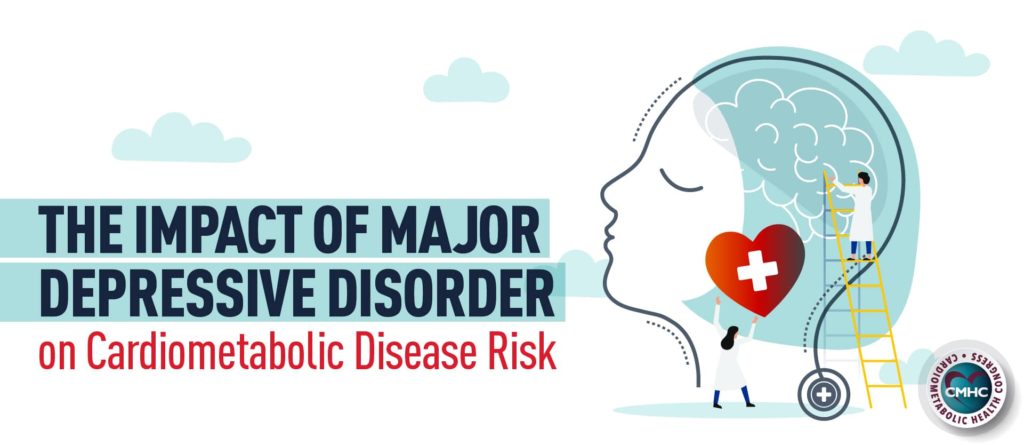
Driven by a widespread change in lifestyle factors, such as dietary patterns and physical activity levels, as well as heightened stress levels, the global prevalence of cardiometabolic disease continues to rise. A burgeoning body of evidence suggests the potential impact of mental health factors, specifically the presence of major depressive disorder (MDD) on the development […]
Latest Statistics: 34 Million Americans Have Diabetes
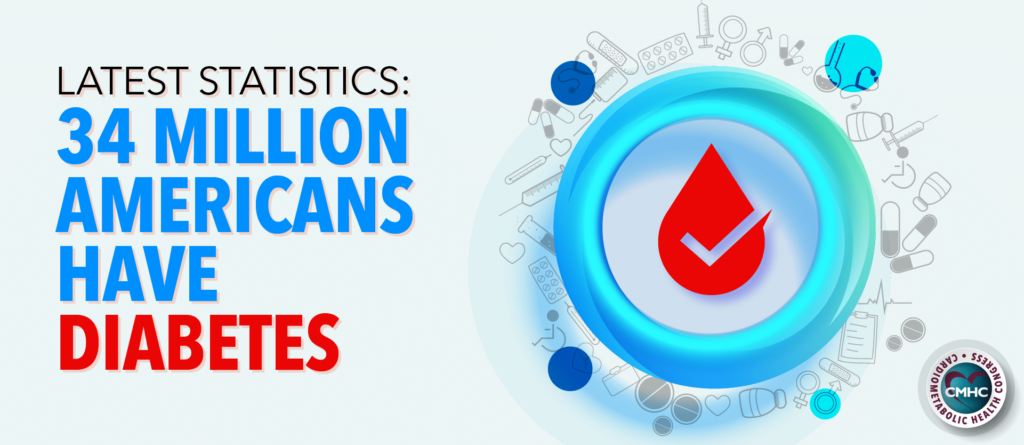
Previous data indicates that diabetes is the leading risk factor for hospitalizations across the United States, with a total of 7.8 million hospital discharges reporting the condition as any of the listed diagnoses among adult patients aged 18 or older. Although incidence rates have slowed in recent years, approximately 34 million adults in the United […]
Antidepressants Linked to Increased T2DM Risk

In the United States, the number of patients taking antidepressant medications, many of them for extended periods of time, has been increasing steadily in recent years. Data from the National Center for Health Statistics indicates that approximately one-quarter of individuals taking antidepressants has been using them for over a decade, however, there have been few […]
Treatment Effects of Intensive Lifestyle Intervention Among Type 2 Diabetes Patients
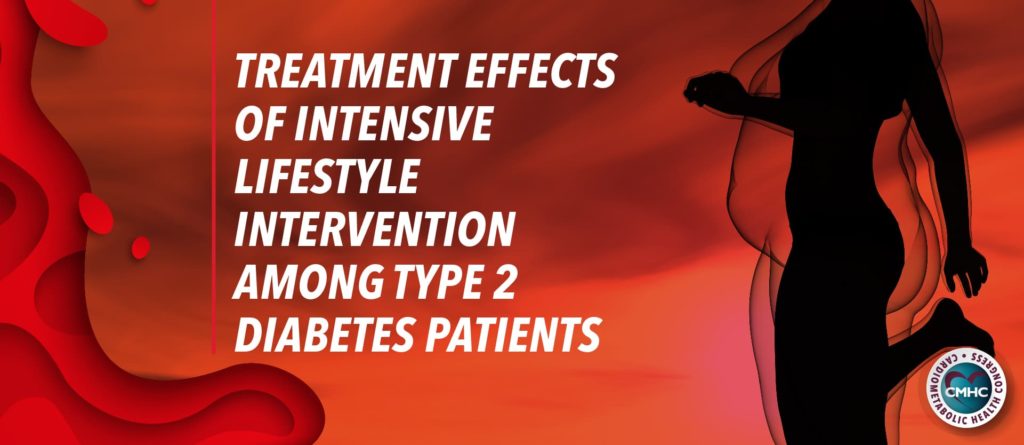
Lifestyle interventions are often the first line of treatment for patients with prediabetes and are an essential component of successful weight and blood glucose management for the reduction of cardiometabolic disease risk. Together, the incorporation of regular physical activity and implementation of healthy dietary patterns have been proven to decrease cardiovascular disease risk factors, although […]
Prevention of Cardiovascular Disease in Type 2 Diabetes Patients
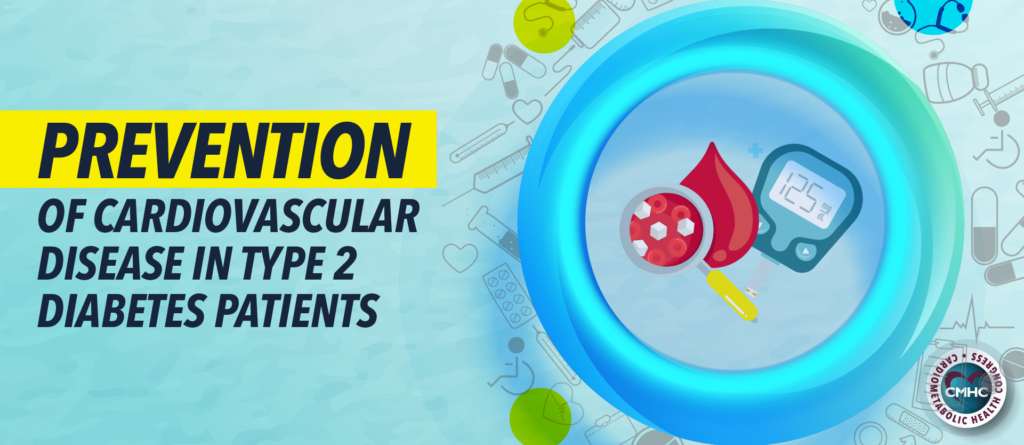
With a dramatic increase in the prevalence of type 2 diabetes mellitus (T2DM), the unrelenting obesity epidemic, and rising cardiovascular disease-related mortality rates, the management of cardiometabolic risk factors and prevention of the progression to disease are essential steps toward improving population health. The underlying connection between T2DM and cardiovascular disease underscores the significance of […]
5 Can’t Miss Topics at the 14th Annual CMHC

Top 5 Cardiometabolic Health Topics You Can’t Miss at the 14th Annual CMHC Alarmingly, recent statistics indicate that over one-third of the population has at least one cardiometabolic risk factor, ranging from dyslipidemia and hypertension to diabetes and cardiovascular disease. In the time of a cardiometabolic public health crisis, it is more important than ever […]
Partner Blog Series: North American Thrombosis Forum
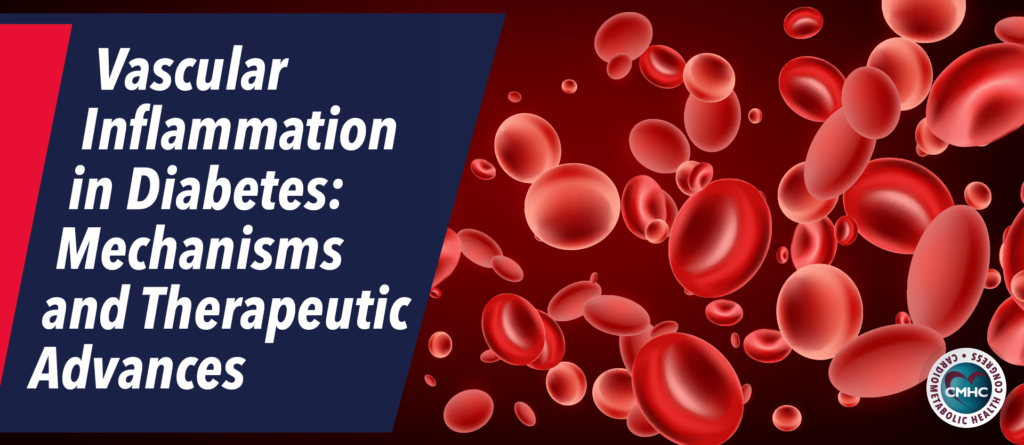
Furthering our mission to help clinicians stay up-to-date on the current education in cardiometabolic health, we partnered with the North American Thrombosis Forum to present the most recent research in the the rapidly evolving field of thrombosis. To better equip physicians for the management of vascular inflammation in diabetic patients, we outline the mechanisms of action […]













